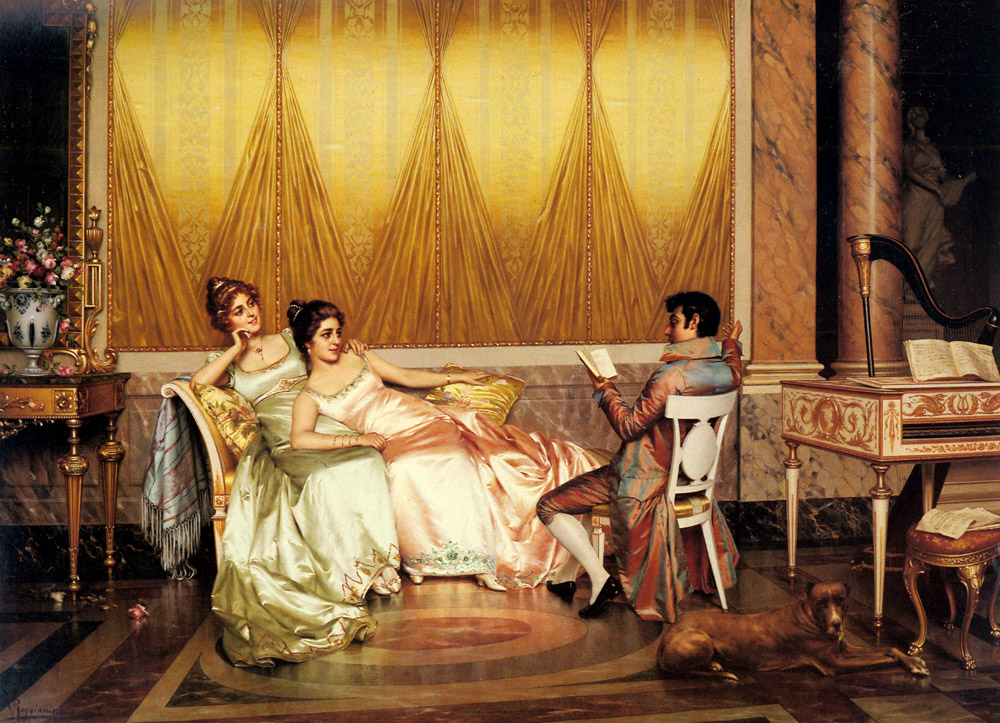A couple of years ago I met James Gomez, a Vietnam vet and recent retiree, who approached me when I was writing a blog post in Manhattan’s Union Square Park. One thing led to another, and soon we were talking about a Shakespeare class he was taking at Pace University. Out of that conversation came a post on Henry IV, Part I, Falstaff’s false claim to have killed Percy, and a Supreme Court decision about people wearing undeserved medals. (The post, one of my favorites, can be found here.)
Since then James periodically sends me clippings of Shakespeare in the news. Recently he alerted me to a review in The Wall Street Journal of Richard Branson’s The Virgin Way: Everything I Know about Leadership.” Reviewer Daniel Akst writes,
Is ours a time of inadequate leaders? It may seem so. In the realm of business, modern leaders have invited criticism thanks to their infatuation with short-term profits and their shameless embrace of staggeringly high compensation. If anything, there appears to be an inverse correlation between the growth of the leadership industry and the quality of the leaders we’ve seen in business as well as in public life.
Perhaps instead of reading books that purport to instruct on leadership—offering up more cliché than wisdom—would-be leaders would do better to delve into books about individuals who have grappled with the challenges and ordeals of guiding an army, a nation or a daring enterprise. Literature brims with such portraits. Think only of the Odyssey or Shakespeare’s Henry V. Tenacity is important in a leader, but what happens when tenacity becomes obsession? Herman Melville will tell you all about it in Moby-Dick.
Speaking of business leaders, James also noted that he’d been reading Ron Chernow’s biography of John D. Rockefeller and was shocked to learn that the Folger Shakespeare collection was assembled by Rockefeller’s fellow Standard Oil robber baron Henry Clay Folger. As James noted, “Apparently Folger was a crook but he loved Shakespeare.” Sadly, great literature doesn’t always turn readers into good people.
Earlier in the summer James sent me a Wall Street Journal article of Ralph Gardner, who authors “The Urban Gardner,” describing an evening Shakespeare class in a New York City home. The class promised students a chance to “better understand the bard’s work and also to speak it with ‘confidence and pleasure.’” As Gardner observed,
That last part is from the course description. And if there’s anything more aspirational and optimistic, more brimming with purpose and promise, than an adult-education course catalogue, I haven’t found it.
Further on, noting that the instructor served wine to her students, he reported,
Come to think of it, wouldn’t night school be more fun if there was alcohol involved? Whatever might be lost in mental acuity or to slurred speech—admittedly, a liability if you were assigned the St. Crispin’s Day speech from Henry V—would be more than compensated for by the temporary sense of well-being, melting inhibitions and false confidence that is liquor’s calling card.
I myself have served mead (just a taste) when I’ve taught Beowulf and I bake my students a whiskey cake at the end of every semester. Maryland law doesn’t allow me to do more, however.
Anyway, I thought of James today in my British Restoration and 18th Century Literature class when I talked about how, 350 years ago, people used literature as a foundation for social interaction. In the Restoration people went to the theater night after night—it was a place to see and be seen—and they read new poems to each other at social gatherings. It was only with the rise of the novel that people began seeing literature as a solitary, anti-social pursuit. My dissertation director J. Paul Hunter once described this as “the loneliness of the long distance reader.”
But even when we have a solitary experience, there’s a part of us that wants to share it. So I maintain this blog and so James sends me articles.


